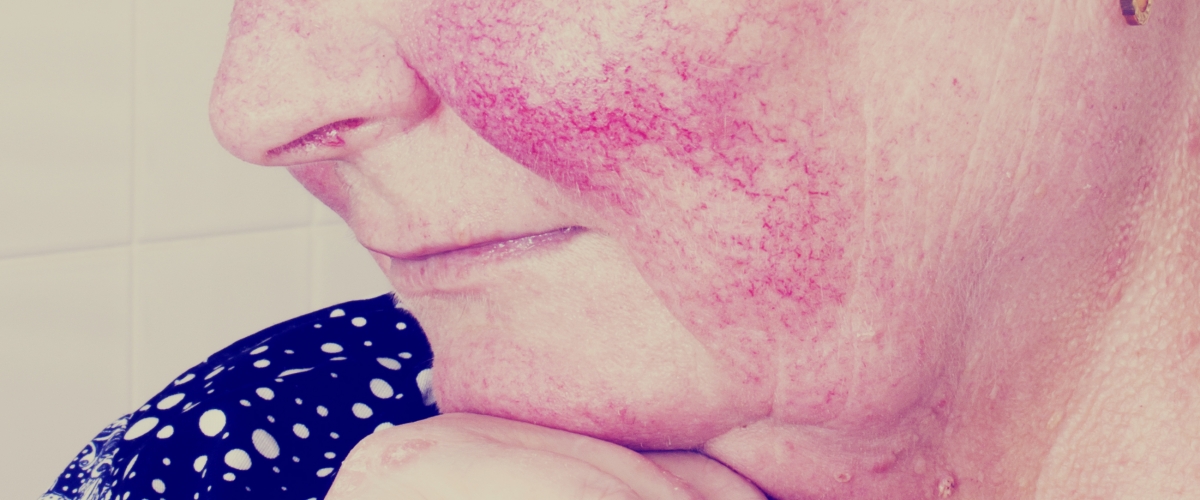It is estimated that Multiple Sclerosis (MS) affects up to 2.5 million people, making it one of the most widespread, disabling neurological conditions affecting young adults in the world. In the U.S alone, up to 200 new cases of MS are diagnosed each week.
Calendula officinalis (calendula) contains various polyphenolic antioxidants that have been researched and reviewed in clinical settings. Studies have found inconclusive data that discusses the ability of calendula in the treatment or prevention of radiotherapy-induced skin reactions.
Psoriasis is a chronic inflammatory disease that largely affects the skin. It can also be associated with iritis and disturbances in other body systems, such as the gastrointestinal and musculoskeletal systems.
Understanding the aetiology of rosacea and where natural medicine can aid in calming flare ups.
Falling in love with the science and the art of blending natural skincare for friends and family, Jacqueline (Jacqui) Evans has turned her passion into a globally recognised brand of skincare.
Gut health has a huge impact on the health of the skin, and clincial evidence supports that skin dysfunction is likely indicative (at least in part) of dysfunction deeper in the gastrointestinal tract.
Inflammation generated by intense exercise may benefit from the anti-inflammatory and antioxidant capacity of white willow bark extract
Ageing is naturally associated with decreases in cognitive function and a growing body of evidence suggests that age-related inflammation may contribute to these changes.3 Only one in 1000 older adults exhibit no evidence of cognitive deterioration.













